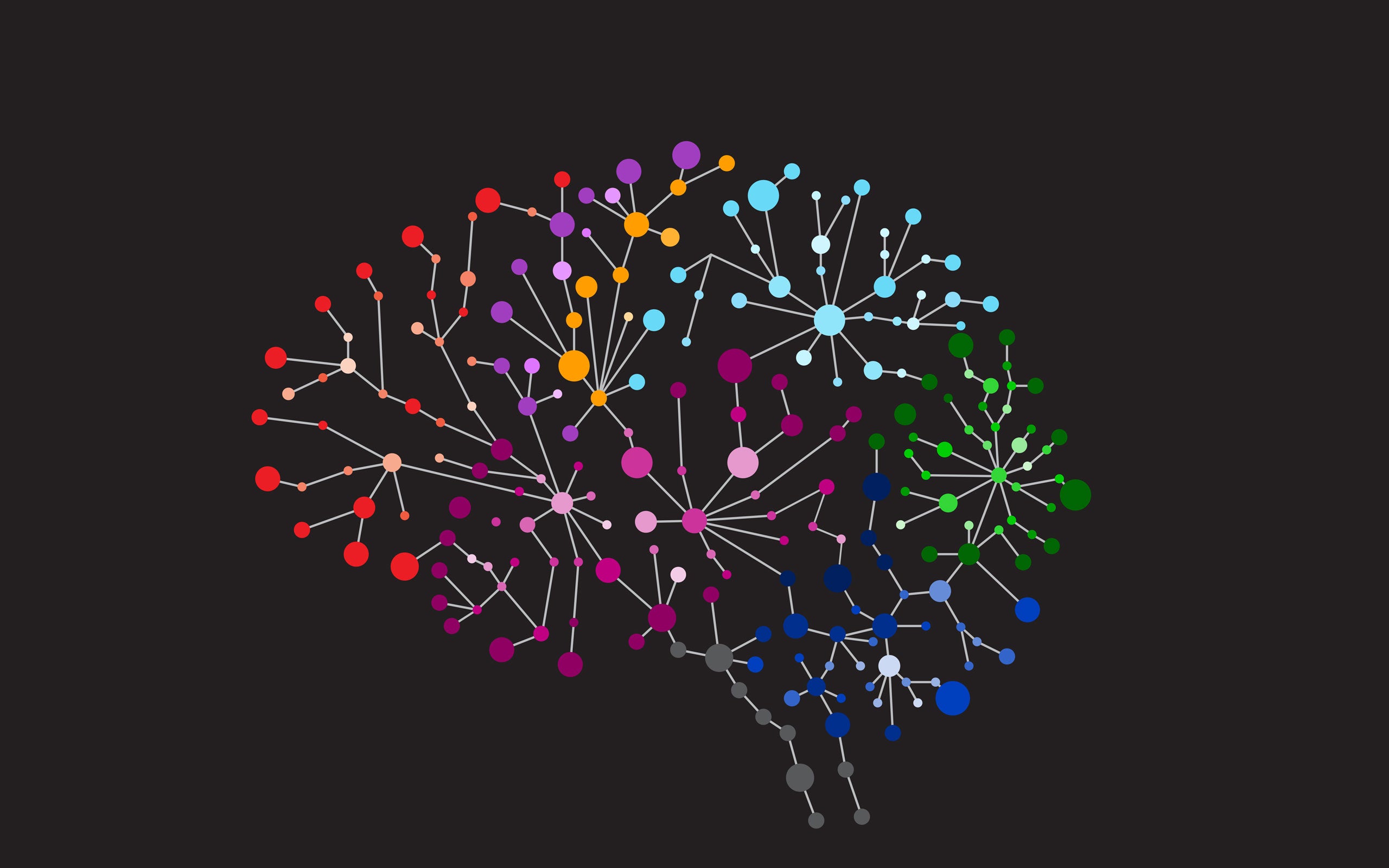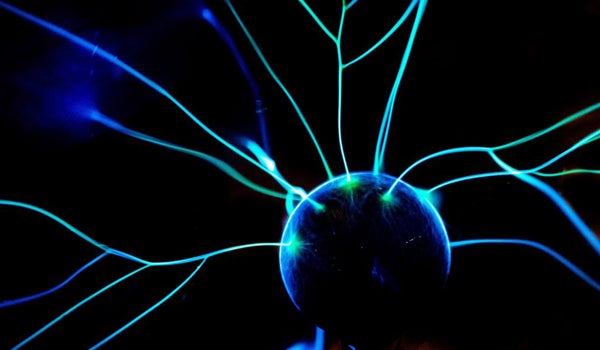
Students entering in fall 2020 will have the opportunity to delve into the mysteries of the brain. How we think. How we move. How we learn.
The University’s new B.S. in Interdisciplinary Neuroscience program, which launches in the fall, brings together a wide range of disciplines—from basic research and clinical studies to new drug development—allowing for a more thorough study of neurological processes and disorders. This unique program will offer undergraduates three different areas of focus within their neuroscience major.
The three degrees are: a B.S. degree with a major in Clinical Neuroscience from the College of Health Sciences; a B.S. degree with a major in Molecular Neuroscience from the College of the Environment and Life Sciences; and a B.S. degree with a major in Neuropharmacology from the College of Pharmacy.
“We intentionally built the curriculum with the understanding that there are many different career paths our students will be interested in,” says Leslie Mahler, program director. “Offering three tracks means that students will have the freedom to choose advanced courses that meet their future professional goals.”
The curriculum for the B.S. in Interdisciplinary Neuroscience ensures students will have a solid foundation in neuroscience topics that span the structure and function of molecules and how the nervous system regulates behavior, to the development of clinical and pharmaceutical treatments for neurological disorders.
In addition to working closely with a dedicated interdisciplinary neuroscience adviser from the time they enroll, students will have access to training and faculty expertise from across five colleges at the University, as well as researchers at the George & Anne Ryan Institute for Neuroscience.
“We have a community of neuroscientists that is dedicated to providing support for our students,” says Alycia Mosley Austin, the program’s assistant director. “We want every student to have hands-on experience with research and there is an amazing opportunity—both here on campus and through experiential learning components of the curriculum—to gain that.
“They won’t just be learning about science. They will be scientists.”

